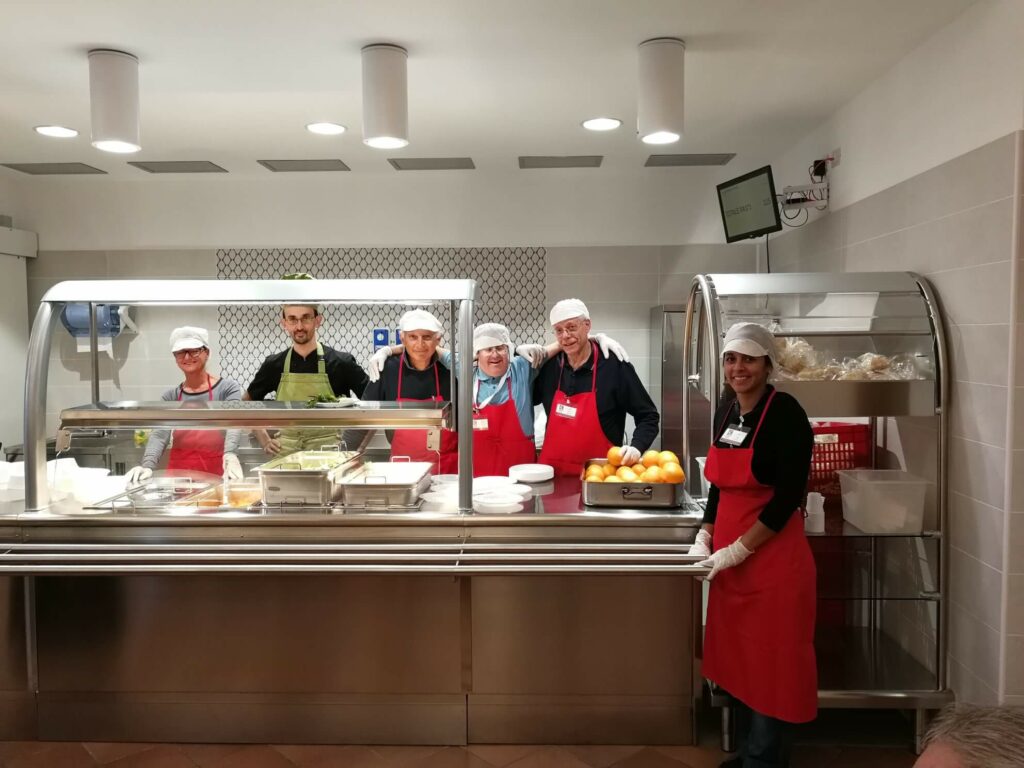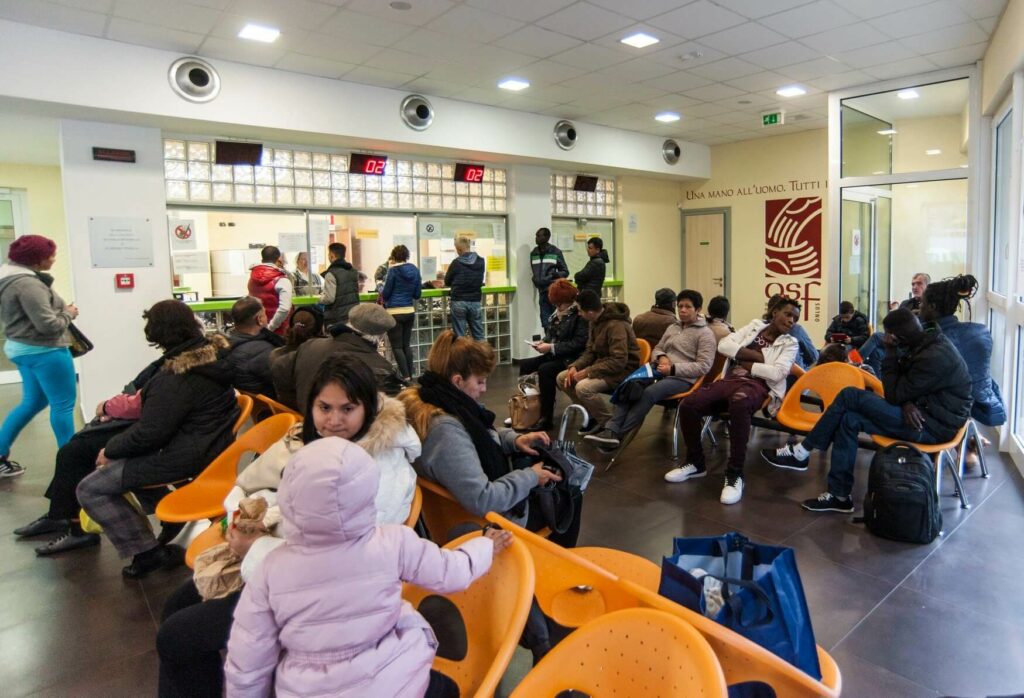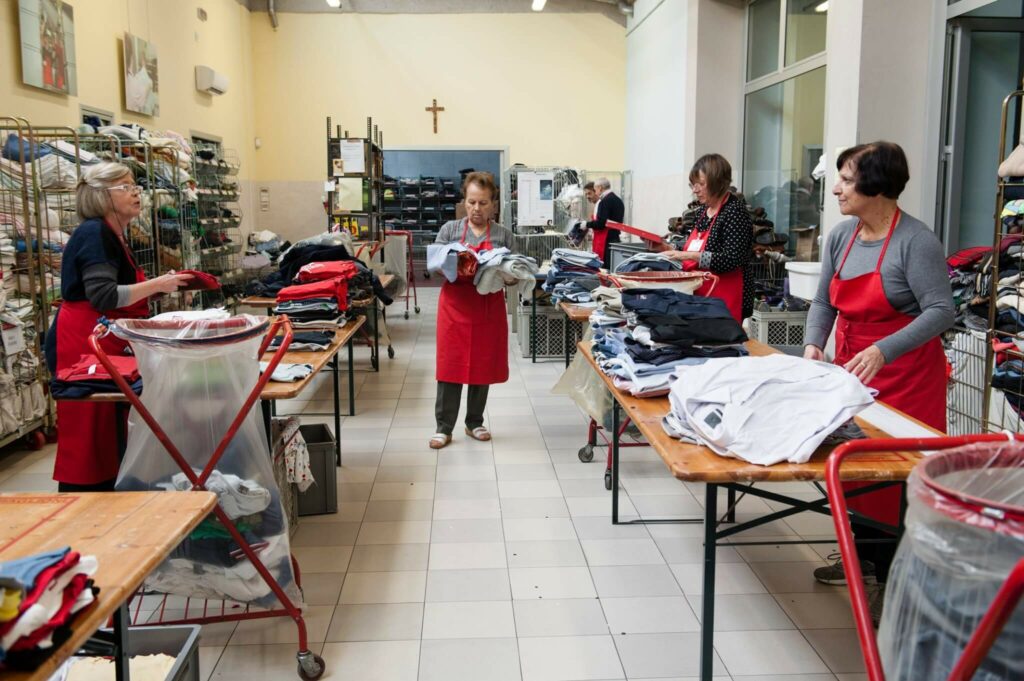SHARE
INFO
- DATE: 29-06-2020
- PLACE: Milano
COUNTRY OF PROVENANCE

Italy
RELATED ARTICLES

Cristina and the analogy between the cancer experience and COVID19
For Cristina, there is an analogy between the experience of cancer – which she experienced firsthand – and that of covid19: life like before can no longer be lived.
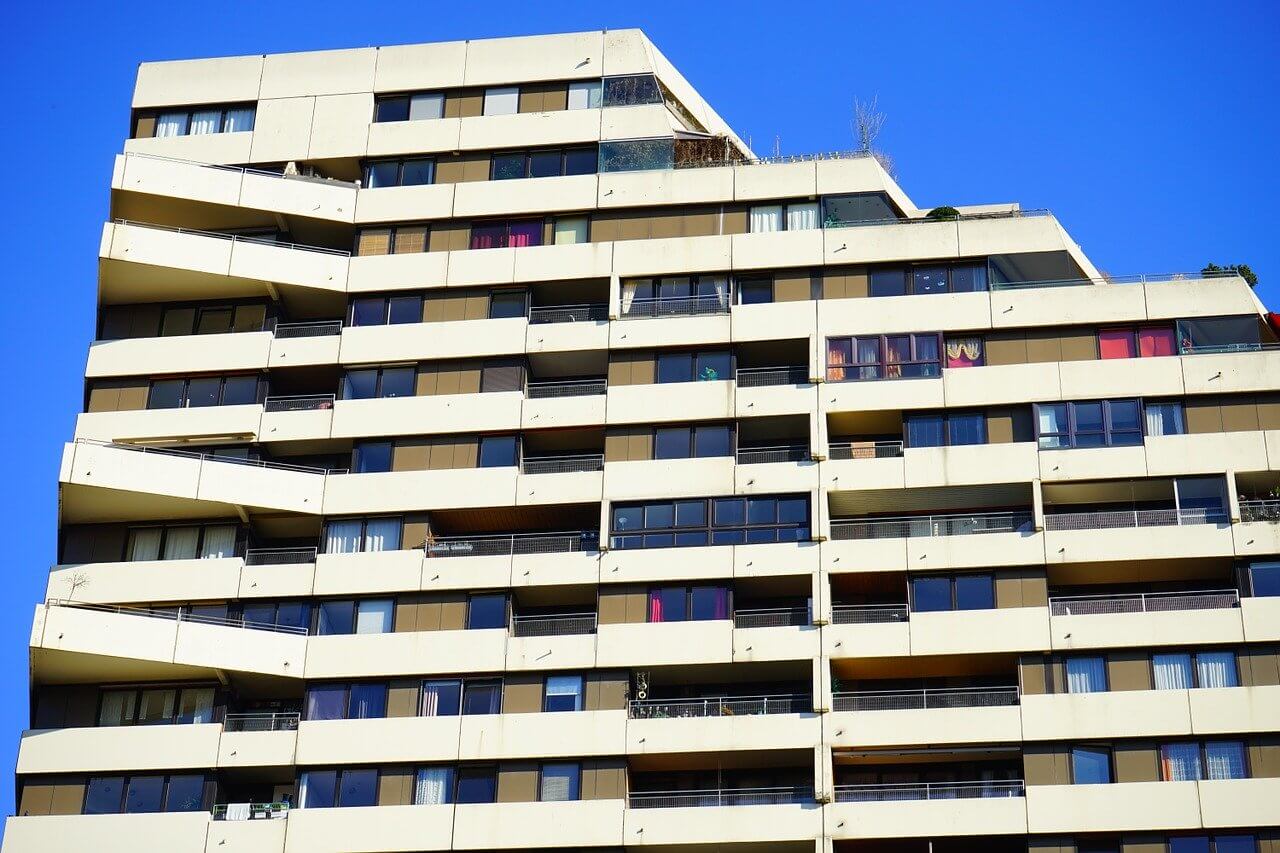
Living in a housing emergency, the story of a Romanian family
Mom, dad and two daughters, one 17 and 20 years old already married with a child, living on a single-income. They arrived to Milan from rural Romania and found themselves homeless.
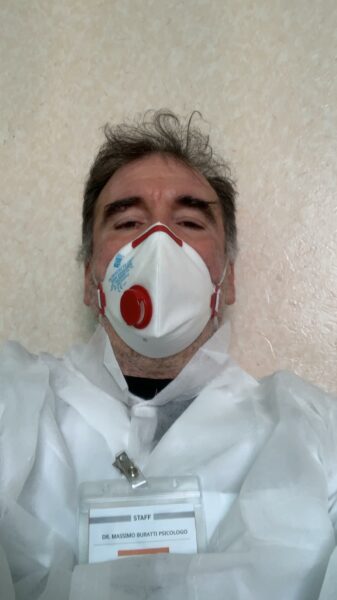
Massimo and his experience as a psychologist in the COVID19 emergency
Sharing with others what you experience often serves to make sense of the experience itself. Massimo tells what he lived during the COVID19 emergency in the hospital.

My Tips – Milan
My Tips – Milan: things to do or see in the city, curiosities about places frequented by locals, events not to be missed.
Marco and his life with the poor and Opera San Francesco
Marco is an energetic person, a “big man” with a smile always printed on his face. I met him at school, we are both studying to become a counselor with Aspic Milano. When you attend a counseling school, it is clear in your head that you want to study and grow to put yourself at the service of others, but Marco’s is a fairly radical choice.
In this year and a half that we know each other, he has changed several jobs, founded a theater association, bought a house and lived the Coronavirus period working 13 or 14 hours a day for 4 months in a row. Marco works with the poor and from January 2020, after years as a volunteer, he started working for Opera San Francesco in Milan as head of volunteers.
His is a life dedicated to social issues, Marco follows what his vocation is with enthusiasm, he goes through difficulties and as happens for “those who really believe in it”, he puts aside the tiredness, the fear, the frustration of the extreme situations he sees and lives by resorting to his determination and courage. And precisely in those moments when he recognizes that he is fragile he asks for help, which makes him even a “greater man” in my opinion.
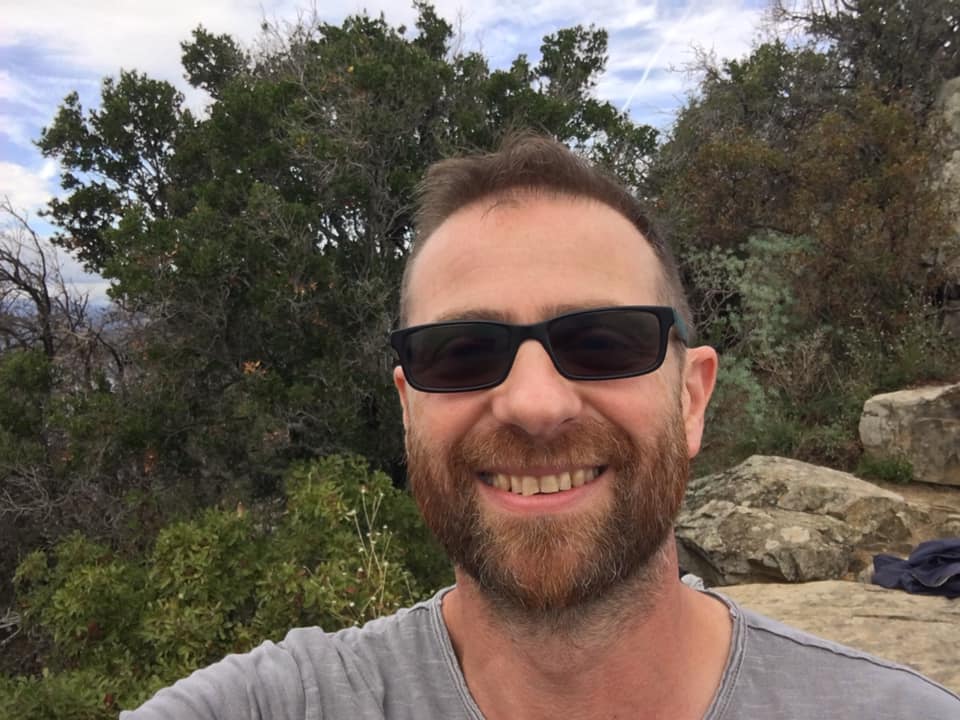
Opera San Francesco
Opera San Francesco exists since 1959 and was founded by the Capuchin Friars in the Porta Venezia area thanks to the initial contribution of the entrepreneur Emilio Grignani (do you remember the vicks vaporub?). He lived right in front of the convent of the friars and looked at them every day distribute a hot meal to the poor who stood in line.
It is an important reality in Milan and over the years the shower service has been added to the canteen, plus a whole series of social services and other centers have been inaugurated in other parts of the city which also include a Polyclinic and a collection center. Every day at least 3000 people pass through canteens and clinics and all this is possible thanks to the work of the volunteers – 1100 currently in Milan – who offer their service on weekly shifts of 3 hours.
Before the covid, Marco had managed to meet about 750 in small groups of 10. The free contribution of people is fundamental, otherwise they would not be able to exist and function. Each service is powered by the “workforce” of those who put their heart at the disposal of others.
Schools in Paraguay
Schools in P
The coronavirus emergency
With the coronavirus emergency, an unusual situation occurred: the friars fell ill and were closed in the convent. With the lockdown procedures, the volunteers decreased from 1100 to 150, but the number of poor people increased. New individuals and families found themselves on the street and, in fact, the poor were the only ones who walked the streets of Milan.
Marco then provided his 360 ° service, especially in the shower department. All the poor have a card valid for the first time 3 months and then to be renewed month by month. They can access the showers once a week and meals daily. All sharing moments, such as the canteen, were forcibly suspended: meals were distributed “packed” for the prohibition of aggregation, together with the masks.
The only moment of sharing remained that of the showers. Not only can the poor be washed and provided with everything they need to do it, but – thanks to the work of the collection center – they can have new or in good condition clothes and shoes. In the waiting room words and experiences are exchanged and you get to the tragic but very human side of the people who live on the margins, literally on the street.
araguay, as well as hospitals, are mostly private. There is no social state like in Italy where both schools and public hospitals work well, despite some inefficiencies that are there for all to see. The Dante Alighieri of Asunción is also a private school with 1100 primary and secondary students in its two locations, one in the centre and the other immediately outside the capital.
The country’s upper-middle class can afford both health insurance and private schools and this is how the school system develops: various schools of different nationalities – Italian, German, US, Japanese, Chinese – but also local ones that train tomorrow’s adults. The freezing of the economy due to coronavirus has also led to a crisis for these schools.
The lessons immediately went online, which led to an increase in work for all teachers, as has happened in Italy in many cases. However, the parents started to protest about the fees, they wanted reductions given the exceptional situation, and then all the schools, including Dante, made discounts on the monthly fees from 20 to 40%. This has meant a cut in teachers’ wages, there are no formulas like the layoffs in Paraguay.
The private schools are all non-profit and they manage to keep up with the fees and pay the salaries of the teachers … reducing the fees, there is not enough money to pay the teachers and some schools – including Enzo’s – have cut wages from 10% to 40%, a school of Chinese origin has closed even.
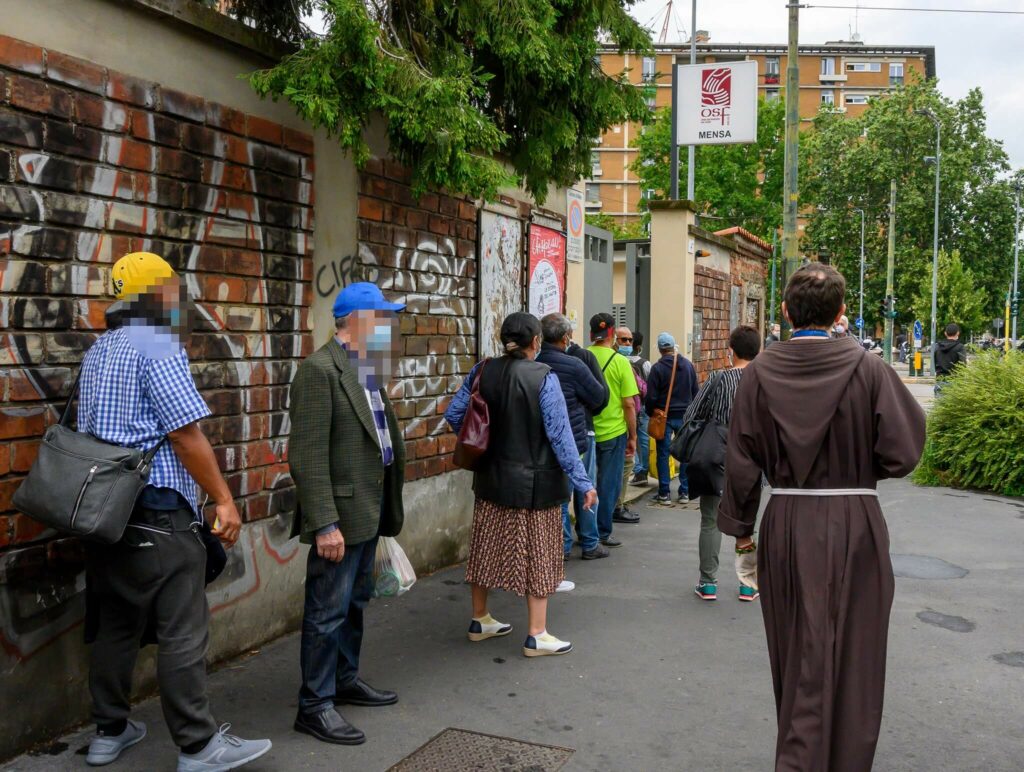
Fear and listening
In the highlight of the emergency, Marco experienced moments of fear. He was talking to a boy that just before had had a fight with another guy and was just calming down. Suddenly this other guy with a knife in his hand fell on his interlocutor and in a split second he scarred him from the temple to the throat and then ran away, leaving Marco in total disbelief. Blood everywhere, moments of panic, Marco immediately reacted by dabbing the wounds with another colleague of the security and called an ambulance and carabinieri (the police).
Marco was in shock, but there were many things to do. Fortunately, the victim of the attack was not life threatening, just a few centimeters and the cut could have severed the artery. When Marco sat in the car to go home in the evening, the adrenaline of the day went down and fear took over. And here, however, Marco asked for help from our teachers Alessia and Anca who supported him, they were close to him in a careful and professional way. In this kind of job, the burn out is around the corner, but Marco recognized the danger and sought allies.
From this request for help, an internal project with Aspic was born to listen to the volunteers who are on the front line with the poor and who carry a considerable emotional load. Here the theme already highlighted in the history of Massimo Buratti of “taking care of those who care”, a fundamental aspect in every support profession.
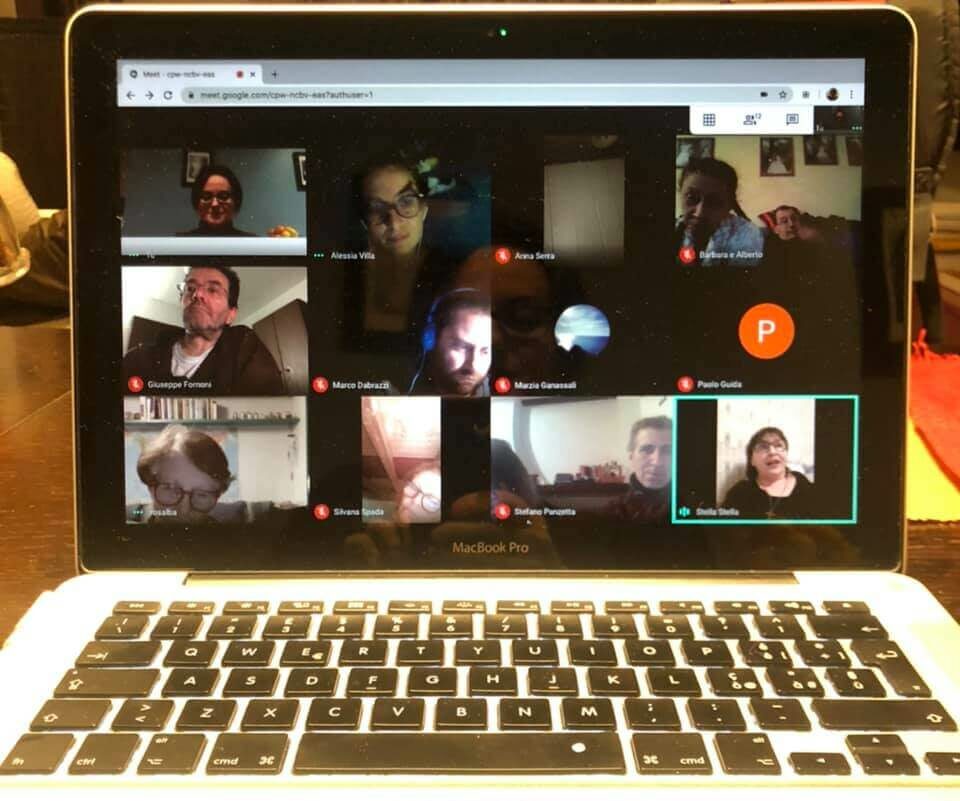
People
People who live in the street own few things often packed in a plastic bag or suitcase. The first by nationality to attend the structures of Opera San Francesco in Milan are Peruvians and in second place are the Italians.
With the coronavirus emergency, many found themselves losing the precarious jobs they had and not being able to pay the rent anymore. So they made a bag collecting a few things and went to the street. It would be nice to collect some of their stories and perhaps with Marco we will be able to bring them to light and make them known to you.
Certainly after being with Marco and hanging around with him in Opera’s premises, I realized more than ever how many people – even those I met on the street and I wouldn’t imagine – actually live in poverty and need an outstretched hand, a support and, at times, a gaze without judgment.
Inside each person there is a story, a fatigue, a trauma, more traumas. Welcoming with a smile is the most humane thing we can do. Then we can work hard to help them reintegrate into society. One of Opera’s next projects is a day center to train and listen to the needs of the “least” in an appropriate space. Thanks Marco for taking me to your world.
You can apply to be a volunteer by writing to segreteria.volontari@operasanfrancesco.it – there is also a Youth Group 18-25!
